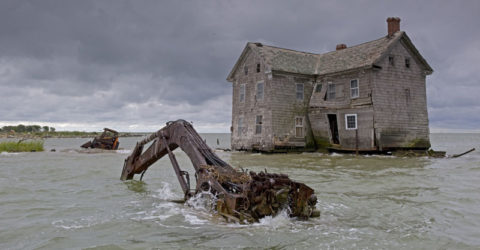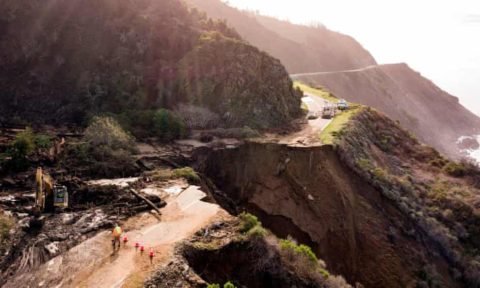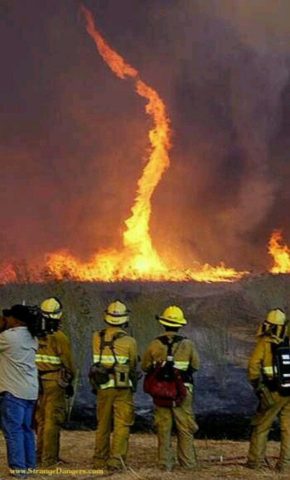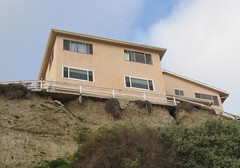Podcast: Play in new window | Download
Subscribe: RSS

Think now: what motivates a family to leave their home and undertake a journey of thousands of miles on foot to seek a better life? Answer: something really terrible.
Slowly, sleepily, eyes blinking in the unaccustomed light, the mainstream media are awakening to the single most important fact of human life in 2021: the long-expected, long-predicted, long emergency whose name no right-wing politician must ever utter — global climate change — is no longer predicted, no longer expected, no longer in our future. It’s here.
During Thanksgiving week, two stories appeared at the same time in Politico, one of the pillars these days of Washington DC journalism; one of them was titled, “How ‘Climate Migrants’ are Roiling American Politics,” the other, “Don’t Call It Climate Change: Red States Prepare for ‘Extreme Weather.’” Continue reading

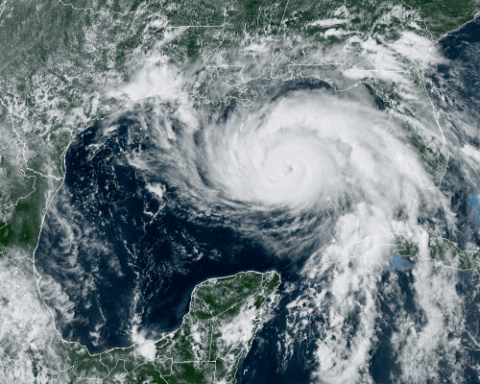
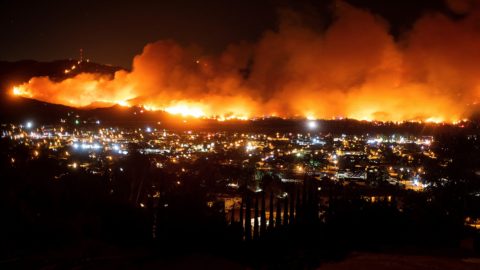
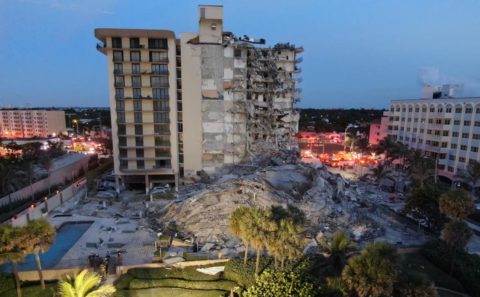 It is quite likely that America has lost its first high-rise building to climate change and the resulting sea level rise. The collapse of South Champlain Towers in Miami Beach early Thursday morning is unprecedented in American history. Buildings under construction, or damaged by explosions or impacts, have collapsed, but never an untouched building on a quiet, cloudless night.
It is quite likely that America has lost its first high-rise building to climate change and the resulting sea level rise. The collapse of South Champlain Towers in Miami Beach early Thursday morning is unprecedented in American history. Buildings under construction, or damaged by explosions or impacts, have collapsed, but never an untouched building on a quiet, cloudless night. 